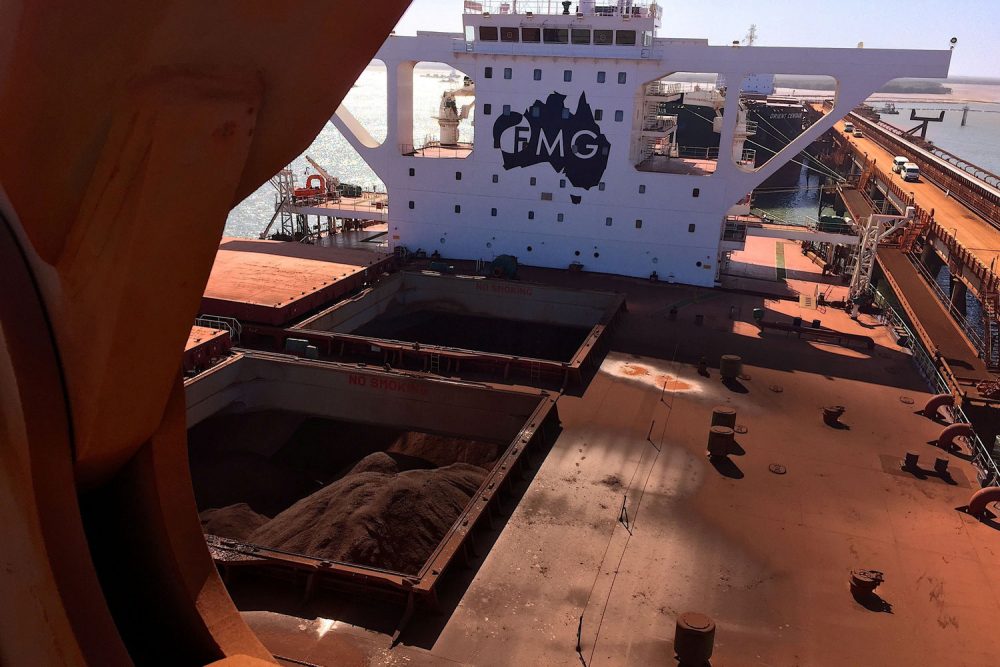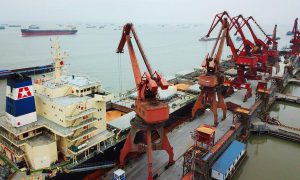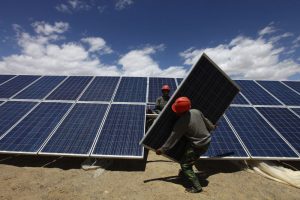Chinese investment in Australia plunged almost two-thirds last year to less than US$1 billion as the impact of coronavirus was compounded by increasingly fraught relations.
The new figure marks the fourth straight annual drop and is just a fraction of the US$13 billion injected into the country in 2016, with Canberra growing increasingly wary.
Data from the Australian National University (ANU) released on February 28 showed direct investment plunged to US$800 million last year, from just over US$2 billion in 2019.
“It reflects the effects of Covid but also more scrutiny of foreign investment by the Australian government, particularly that from China,” said Shiro Armstrong, director of the East Asian Bureau of Economic Research at ANU, who compiles the database.
MUCH LARGER DROP
A total of 20 Chinese investments were recorded, compared with 111 in 2016. While the pandemic has almost halved investment globally, according to UNCTAD, a much larger drop was seen in China-Australia flows, the ANU researcher said.
New Australian rules to screen investments for risks to national security had a particularly chilling effect and could help explain the decline, Armstrong said.
Australia has rejected Chinese bids for Japanese-owned Lion Dairy and local construction firm Probuild.
While China remains Australia’s largest trading partner, political relations are at their lowest in decades, with Canberra recoiling at Beijing’s efforts to translate economic might into political and military power.
China’s embassy in Canberra previously warned of a consumer boycott on Australian goods and produce. The warning also eluded to a potential bypassing of Australia as a destination for both tourism and education, both of which are major service export industries in Australia.
PUNITIVE SANCTIONS
China has slapped punitive sanctions on a range of Australian exports as the two countries clash on a range of issues from influence operations, national security rules, China’s internal crackdowns and transparency over its handling of the coronavirus pandemic.
Over the past few months, Chinese importers have been told to stop buying Australian coal, barley, copper, sugar, timber, wine and lobsters.
Iron ore remains one of the few bright spots.
“Despite trade tensions increasing, imports of iron ore have increased,” said Eleanor Creagh, Australian market strategist at Saxo Bank. “A ban on Australian iron ore would be the true black swan event and is unlikely to happen at this stage.”
China still needs Australian iron ore and cannot provide substitutes. “Diversifying supply away from Australia will be challenging,” she added. “However, over the coming years it would be reasonable to expect China to pivot from Australian iron ore exports if tensions continue along the current trajectory.”
Australia is trying to diversify to other Asian markets, such as Indonesia, Vietnam, Bangladesh and India as well as South America.
“Although these shifts will take time as new relationships are forged and the path will be winding as goods are diverted elsewhere,” Creagh said.
• George Russell, with reporting by Agence France-Presse
This report was updated on Jan 7, 2022, for style purposes
ALSO SEE:
Australian Farmers in $28bn Cry for Help Over China’s Tariffs
China Trade Bans Deeply Troubling, Australia Says
Australia to Continue Stimulus ‘For Years’, Says Central Bank Head
























